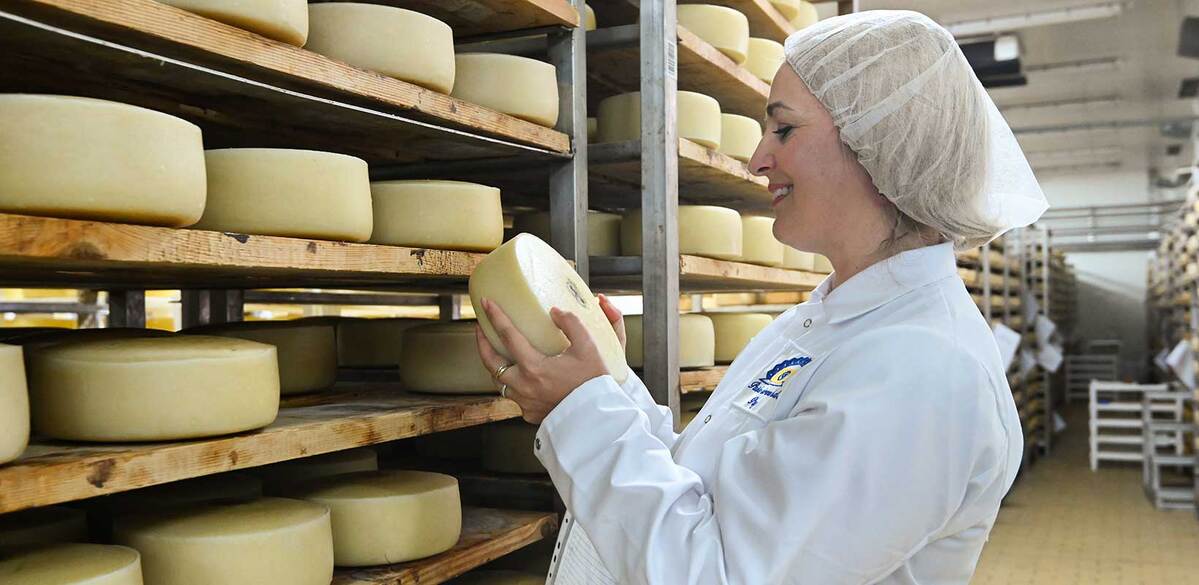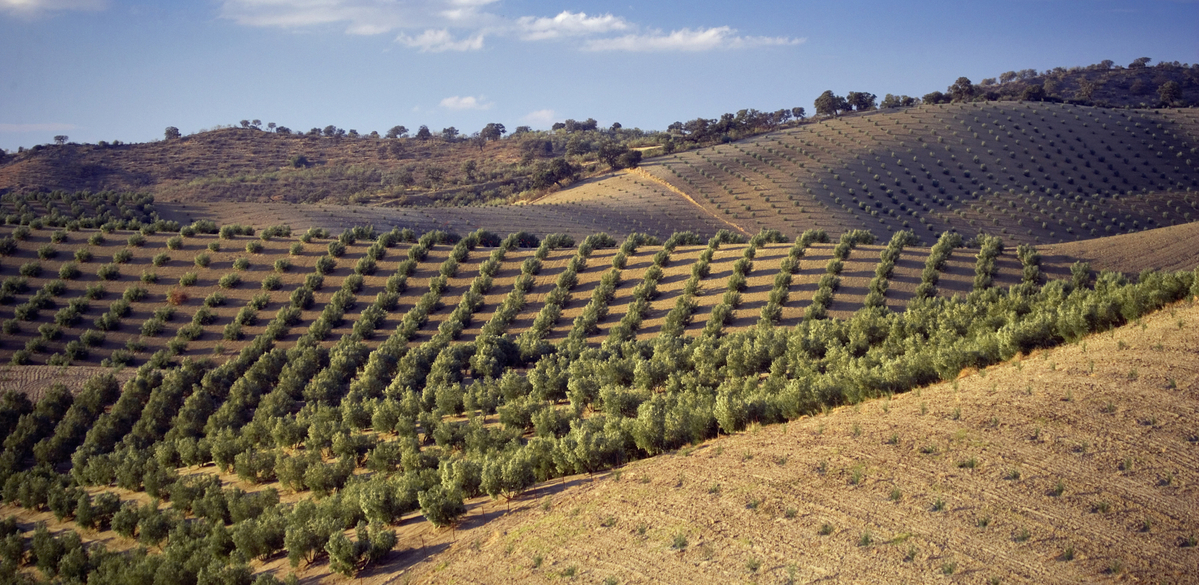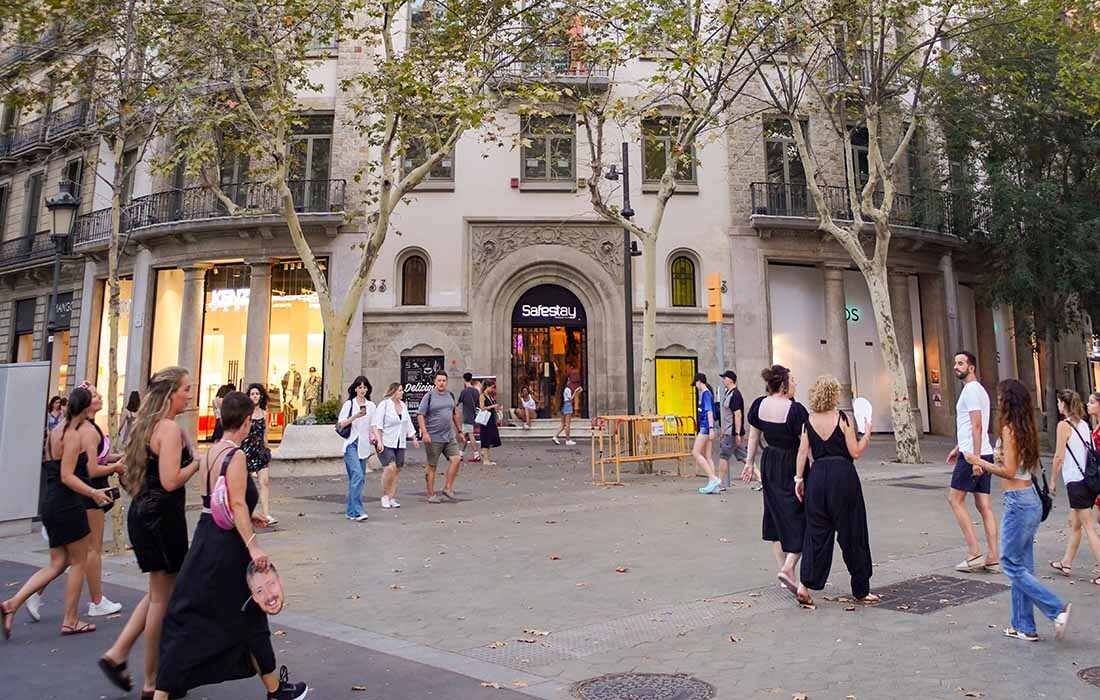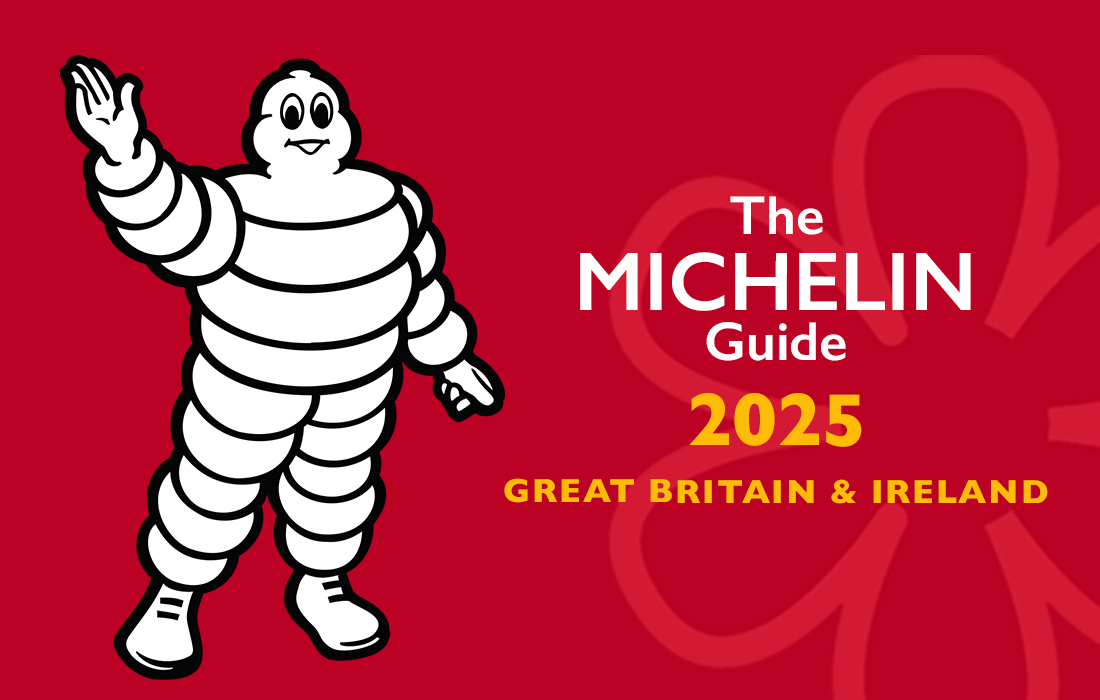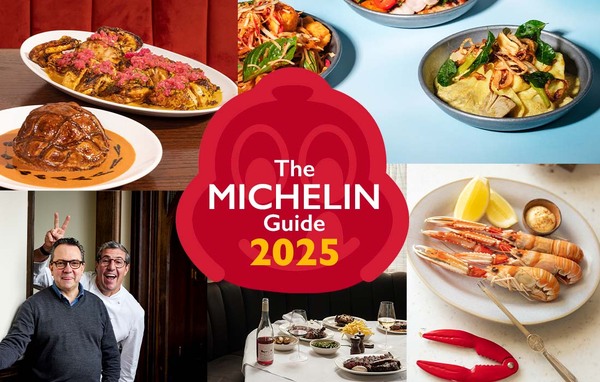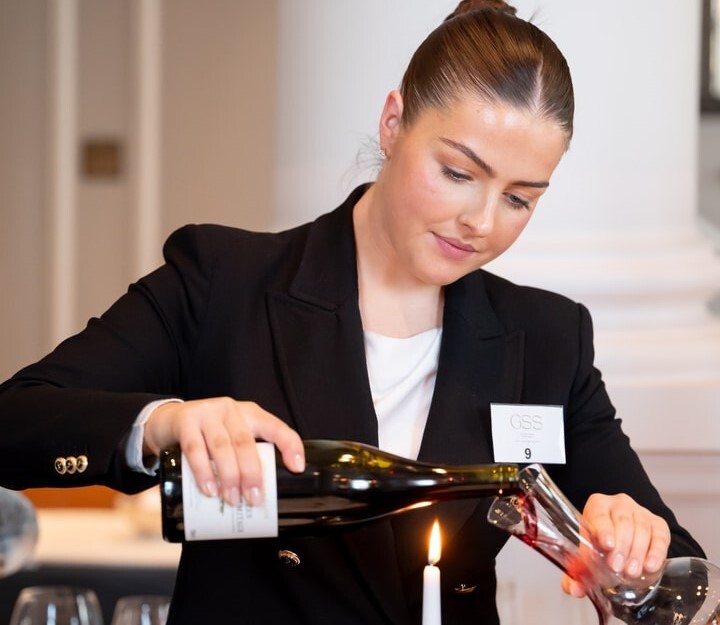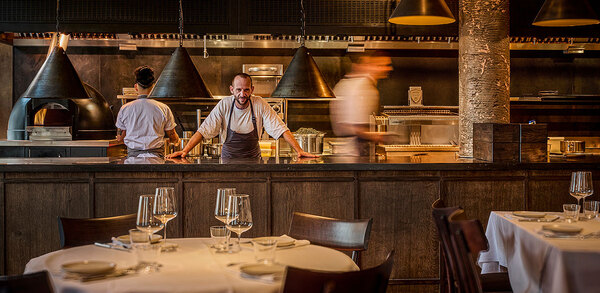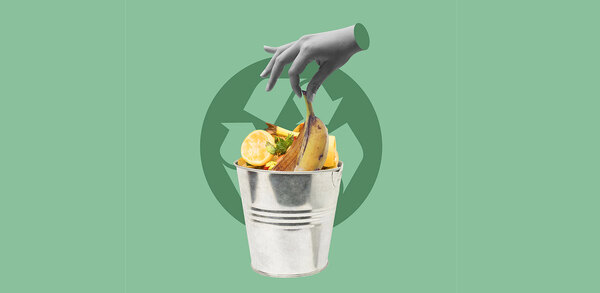How the EU is catering to the hospitality industry’s sustainability needs
With an acute sense of seasonality and the availability of ingredients, chefs are well aware of the impact of climate change on food security. The EU’s robust approach to sustainable food production and its quality schemes designed to protect the rural economy, can provide the hospitality industry with high quality ingredients which meet its sustainability criteria.
Whilst many chefs will invariably champion the produce grown on their home shores, for the majority of restaurants the UK is not producing anything close to the food required to service their needs. For example, replacing the equivalent of imported beef products would require a doubling of the UK’s cattle population1.
When it comes to operating more sustainably, there exists initiatives and resources to help chefs around the world to achieve their Sustainable Development Goals (SDGs)2. However, without the necessary regulations, much of this change remains voluntary.
A commitment to ambitious sustainability targets
The European Union (EU) is committed to becoming the first carbon neutral continent by 2050. Its strategy to achieve this includes converting farmland to organic farming, reducing fertilisers, pesticides, microbials and antibiotics, lowering methane emissions and improving biodiversity.
Behind, the strategy is a significant commitment to make the systematic changes needed to benefit the entire food system. To receive full Common Agricultural Policy (CAP) payments, farmers must respect an enhanced set of requirements and standards for the environment, climate, health, animal welfare, and working conditions3. Almost 90% of the EU’s cultivated land is subject to this condition, which is crucial to the adoption of sustainable farming methods. The Plans allocate 32% of the total CAP budget to voluntary actions that advance the environmental, climate and animal welfare objectives. The flexibility granted to Member States in designing these tools has allowed them to target specific needs in their national or regional contexts.

Food industry professional and advisor to the ‘More Than Only Food & Drink’ campaign, Simon Atkins, recently outlined the EU’s sustainability strategy at The Caterer’s Sustainability Summit. Simon spoke about the growth of regenerative farming methods which reduce the need for chemical fertilisers, using cover and companion crops, promoting a more sustainable agricultural ecosystem.
According to Simon, “Innovation also plays a key role in the transition to more sustainable farming practices. From advanced agricultural techniques to cleaner energy solutions, new technologies are driving sustainability forward. This includes a growing focus on organic farming and promoting Geographical Indications (GIs) that act as catalysts for sustainability in the long term through ensuring the continuous use of traditional production, processing and marketing know-how.”
The role of the EU’s Protected Designation of Origin and Protected Geographical Indication schemes
The history of EU food and drink with a protected origin dates back to the nineteenth century, when Champagne wines were protected by European law. The Protected Designation of Origin and Protected Geographical Indication schemes, denoted by red and yellow and blue and yellow symbols, were established in 19924. These trademarks aim to protect the names of specific products to promote their unique characteristics, linked to their geographical origin as well as traditional production techniques.
In terms of EU agriculture, PDO and PGI labels encourage sustainable farming methods and protect the rural economy. This connection to local climate and environmental circumstances enables items to be produced in the most appropriate setting, resulting in more effective cultivation procedures that use fewer external inputs such as water, electricity, and fertilisers.

These Geographical Indications encourage producers to utilise environmentally friendly practices while preserving traditional production techniques that have been perfected over centuries to make the most use of their regions’ natural resources and terroir. PDO and PGI labels serve to maintain jobs and economic activity in rural regions by supporting local farmers and their traditional methods of food production, so contributing to long-term sustainability in every sense.
EU Organic
An essential scheme in the EU’s drive to become more sustainable is EU Organic. To be labelled EU organic requires that the farmer uses only organic feed for farm animals, an absolute prohibition of GMOs, and strict limitations on the use of chemical fertilisers, pesticides, and antibiotics. A product can only carry this label if its ingredients are at least 95% organically farmed and if the other 5% meet additional strict conditions.

PDOs driving change throughout the supply chain
France’s Comté PDO and Italy’s Grana Padano PDO cheeses were chosen for the LIFE Tough Get Going (TTTG) project due to their high sales volume and centuries-old production practices. The project was established in 2017 to investigate cheese making in France and Italy, identify solutions to improve supply chain efficiencies, and assess and reduce each cheese’s Product Environmental Footprint (PEF).

LIFE TTGG brought together universities, start-ups, manufacturing companies, national institutions, and research organisations to improve the production efficiency of both cheeses, transfer the findings to Europe, reduce environmental impact, and achieve more sustainable manufacturing and consumption.
Software was used to create a Life Cycle Inventory (LCI) database that streamlines PEF calculations and an Environmental Decision Support System (EDSS). The EDSS is accessible to makers of EU hard and semi-hard PDO cheeses made from cow’s milk to enable them to calculate their product’s PEF and assess their own environmental performance5.
Quality Schemes that protect long-standing sustainable practices
Europe is already leading in producing high-quality, safe, authentic and sustainable food. With the PDO, PGI and EU Organic assurance, chefs and caterers can be confident that EU producers are working towards the same Sustainable Development Goals as they are.
For more information about the EU’s More Than Only Food & Drink campaign, visit: enjoy-its-from-europe.campaign.europa.eu/united-kingdom/en
Truffle image: buddyb76/Getty Images




